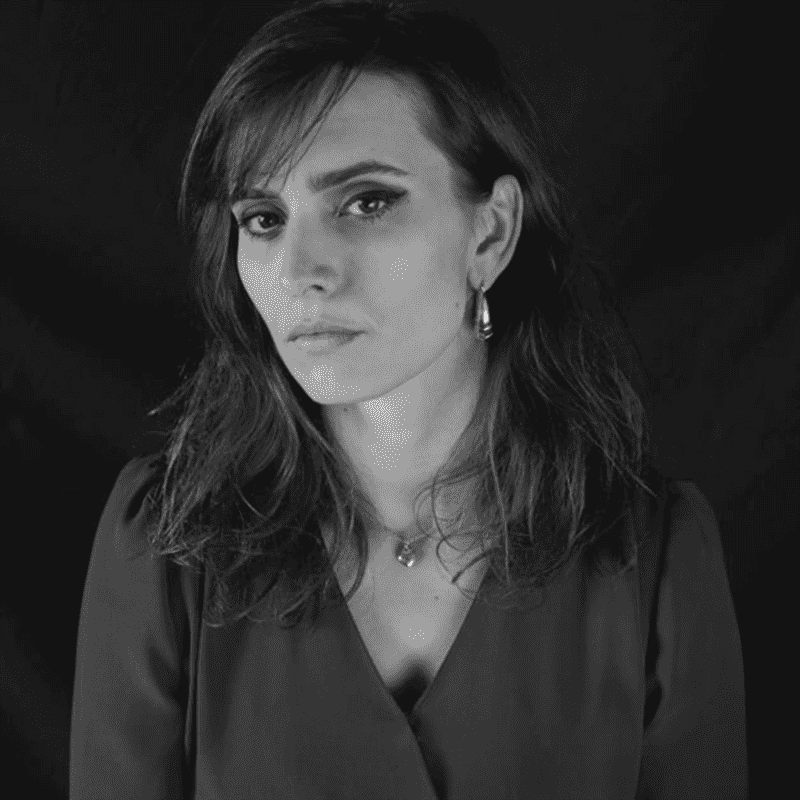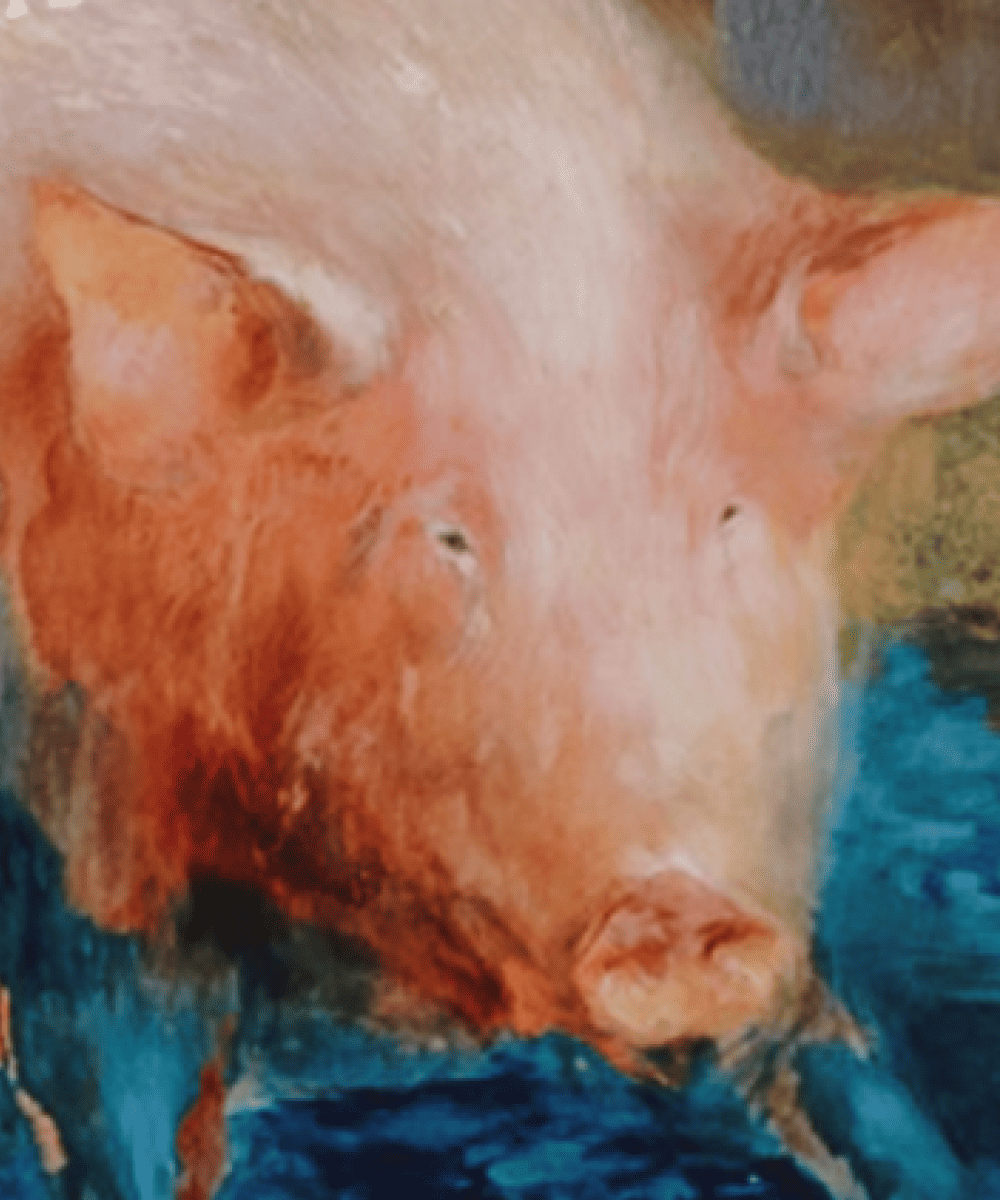
IEVA DUMBRYTĖ, WRITER


IEVA DUMBRYTĖ, WRITER
Instead of writing for the school paper, I only got to draw. I dreamed of studying Lithuanian philology, but I managed to enroll only in the history program. I wanted to publish a book of poetry, but I only distributed a printed booklet of my poems to neighbors.
Rejection is totally my thing. Such is my personality type, I could call myself the unluckiest person in the world. It’s not because the world is cruel to me. I don’t achieve my goals because I’m easily distracted and don’t know which path to take.
The book was my first genuine and pure desire. Throughout my life, I had always started something and eventually abandoned it. But during the process of writing, I realized that if I didn’t complete this book, I would never accomplish anything in my life. I didn’t know what to do, I didn’t know how people become writers, so I developed my own system for becoming a writer.
I was very impatient. As soon as I completed the manuscript for my book, I quickly sent out letters to dozens publishing houses. I reached out to all kinds of publishers, even those that only published calendars. Anyway, publishing a book is not some kind of a miracle, there are tons of writers who somehow manage to publish their debut books. Publishers rejected my first, second, and third books. More than half of them didn’t answer at all, while others simply stated that they were not interested in publishing my book. Only a handful provided more detailed feedback. At some point, I stopped waiting for a positive response and started to take pleasure in those rejections, wondering how many more I would receive.
People are very good at rejecting, no one writes rudely, and everyone is generally very polite. They write back with courteous explanations, such as “We already have our schedule for the year, so unfortunately we cannot publish your book.” I find such responses comforting and even beautiful.
I was sending letters not only to publishers, but also to strangers, which felt terribly embarrassing at first. However, I soon realized I had nothing to lose. After all, who would remember me or care about the messages of a certain Ieva Dumbrytė? Everyone is preoccupied with their own lives and unlikely to pay much attention to your correspondence.
Those rejections were 70 percent of the joy I felt when my book was finally accepted for publication. Now it seems to me that everything is achievable in this life.
Ieva Dumbrytė has had a diverse work experience, having worked in a canteen, salad bar, fireworks store, and a Nazi crime investigation center. Three times she held a job for only one day. Currently, Ieva works at a bank and writes books.
Interviewed by Juta Liutkevičiūtė
Translation by Emilija Ferdmanaitė
The cover artwork for Ieva Dumbrytė’s book Šaltienos bistro – Meda Norbutaitė’s Blue Blood (Kitos Knygos, 2021)